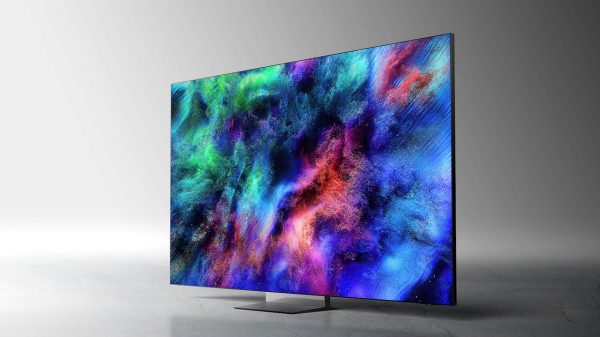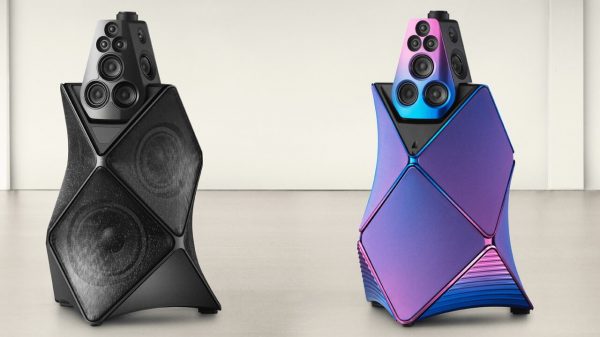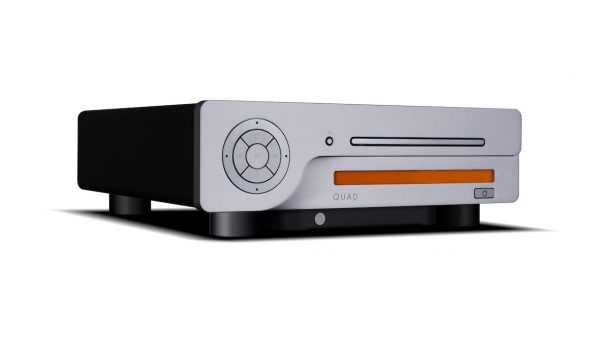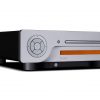- Next-generation SYNC system to incorporate in-car WiFi system powered by customer’s USB mobile broadband modem, turning entire car into hot spot
- New capability will be standard on select SYNC-equipped vehicles with no additional hardware or subscriptions required beyond the user-supplied mobile broadband modem
- Standard WiFi Protected Access 2 (WPA2) security protocols will be in force, and only owner-permitted devices will be able to access the network, helping ensure secure, robust connectivity for in-car users
Ford Motor Company will turn vehicles into rolling WiFi hot spots when it introduces the second generation of its popular SYNC in-car connectivity system next year.
Inserting an owner’s compatible USB mobile broadband modem – sometimes called an “air card” – into SYNC’s USB port will produce a secure wireless connection that will be broadcast throughout the vehicle, allowing passengers with WiFi-enabled mobile devices to access the Internet anywhere the broadband modem receives connectivity.
“While you’re driving to grandma’s house, your spouse can be finishing the holiday shopping and the kids can be chatting with friends and updating their Facebook profiles,” said Mark Fields, Ford president of The Americas. “And you’re not paying for yet another mobile subscription or piece of hardware because Ford will let you use technology you already have.”
Studies by the Consumer Electronics Association show that as many as 77 million adults make up the so-called technology enthusiast drivers population, more than half of whom express the desire for a connected communications and information system in their vehicles. Even among the general population, more than one third of Americans would be interested in the ability to check email and access Web sites in their vehicles.
Upgradeable and secure
The USB port provided by SYNC lets owners leverage a variety of devices, including the mobile broadband modem. And through simple software updates, SYNC can be adapted to connect with the latest devices.
“The speeds with which technology is evolving, particularly on the wireless front, makes obsolescence a real problem,” said Doug VanDagens, director of Ford’s Connected Services Solutions Organization. “We’ve solved that problem by making SYNC work with just about any technology you plug into it. By leveraging a user’s existing hardware, which can be upgraded independent of SYNC, we’ve helped ensure ‘forward compatibility’ with whatever connectivity technology comes next.”
The SYNC WiFi capability is a simple solution for bringing internet into the vehicle, versus competitive systems on the market. Being factory-installed, the hardware is seamlessly integrated into the vehicle, whereas competitor’s systems are dealer-installed and require a bulky bolt-in receiver and transmitter that take up cabin space. Also, competitive systems cost approximately $500 for equipment and installation, not to mention the monthly subscription fee.
“Using SYNC with existing mobile devices helps Ford provide the most value, the most flexibility and the most convenience for owners,” said Fields. “Constant connectivity is becoming a routine part of our customers’ lives, and we’re making existing technology more accessible without adding costs: That’s the kind of value Ford drivers have learned to expect.”
Using the SYNC WiFi system, a signal will be broadcast throughout the vehicle. Default security is set to WiFi Protected Access 2 (WPA2), requiring users to enter a randomly chosen password to connect to the Internet. When SYNC sees a new WiFi device for the first time, the driver must specifically allow that device to connect, preventing unauthorized users from “piggybacking” on the SYNC-provided signal.























